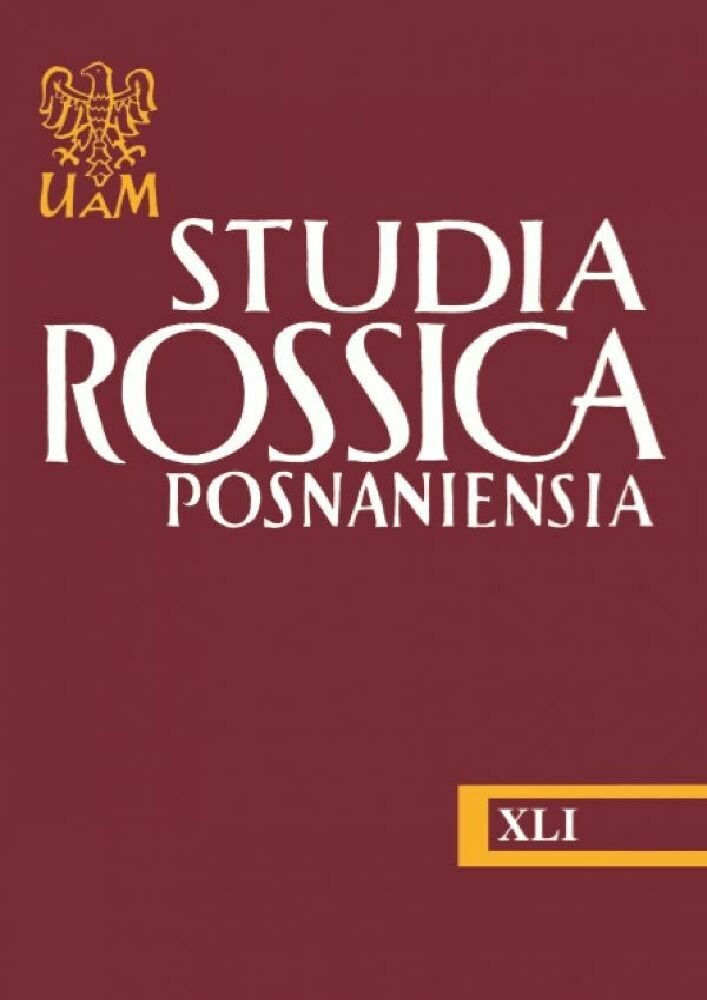Abstract
Translation of literary proper names boils down to either accurately rendering their original form / meaning or finding equivalents which have less in common with their original versions. In the article the author attempts to deduce what might have caused the translators to choose one of the two strategies by means of analysing chosen examples from the saga. Apparently, the translators’ decisions stem not only from the limitations of respective languages and cultures, but also from their individual approach towards the original text.Literaturhinweise
Зимовец Н.В., К вопросу о значении и переводе имени „Гарри Поттер” в романах Дж. К. Роулинг, „Вестник МГОУ. Сер. Лингвистика” 2011, № 5.
Калинкин В.М., От литературной ономастики к поэтонимологии, „Логос ономастики” 2006, № 1.
Калинкин В.М., Поэтика онима, Донецк 1999.
Капкова С.Ю., Перевод личных имен и реалий в произведении Дж. К. Ролинг „Гарри Поттер и Тайная комната”, „Вестник ВГУ. Сер. Лингвистика и межкультурная коммуникация” 2004, № 1.
Никитин М.В., Лексическое значение слова, Москва 1983.
Толковый словарь русского языка, [в:] электронный ресурс: http://feb-web.ru/feb/ ushakov/ush-abc/25/us4d5525.htm (12.10.2015).
Bertills Y., Beyond identification. Proper names in children’s literature, Turku 2003.
Kardela H., Onomazjologiczny aspekt semantyki kognitywnej, [в:] Język a kultura. Podstawy metodologiczne semantyki współczesnej, под ред. I. Nowakowskiej-Kempnej, Wrocław 1992.
Lizenz
Die Veröffentlichung von Texten geschieht in Übereinstimmung mit der Creative-Commons-Lizenz:
Namensnennung-Nicht kommerziell-Share Alike 4.0 International - Creative Commons

